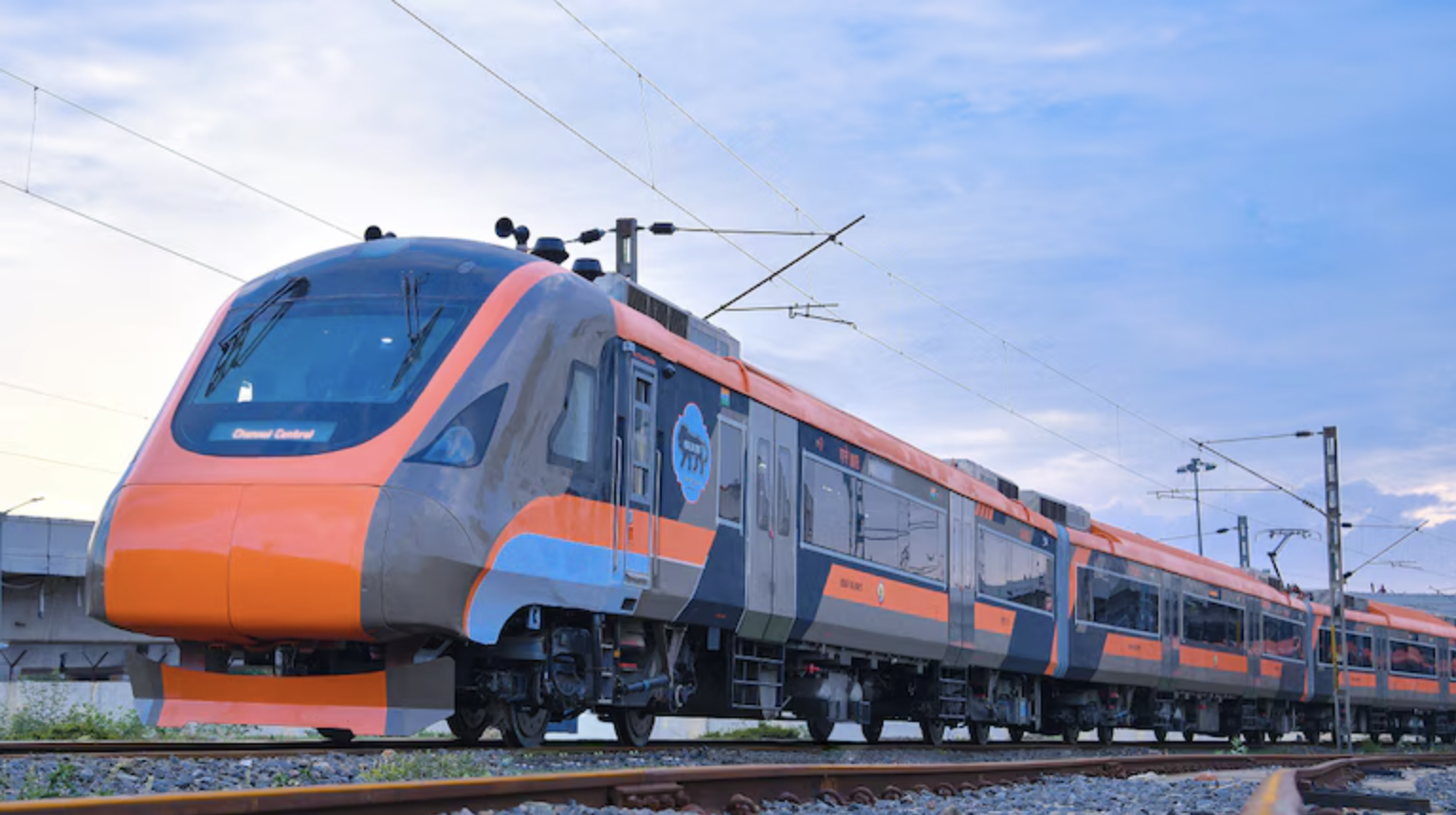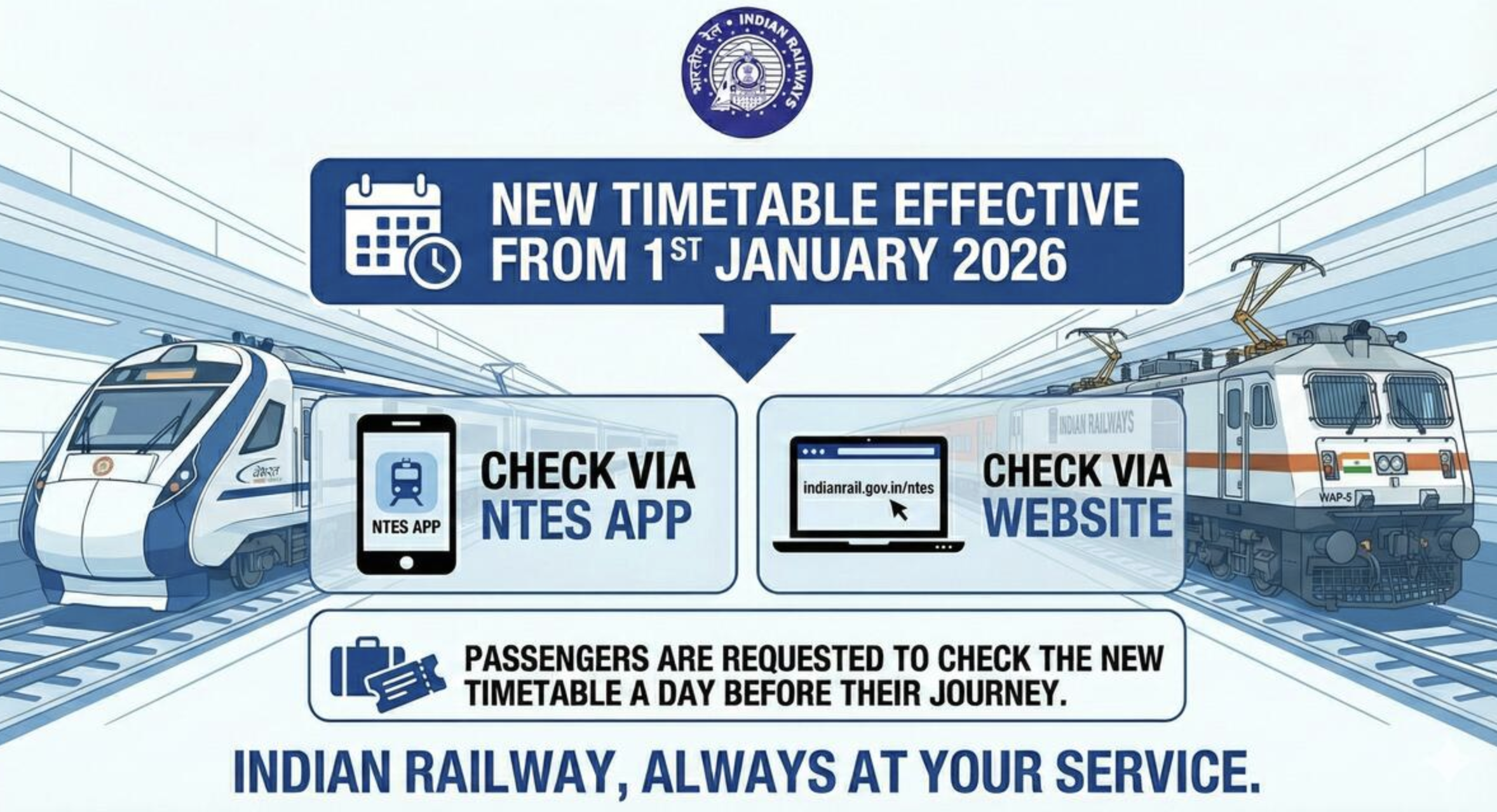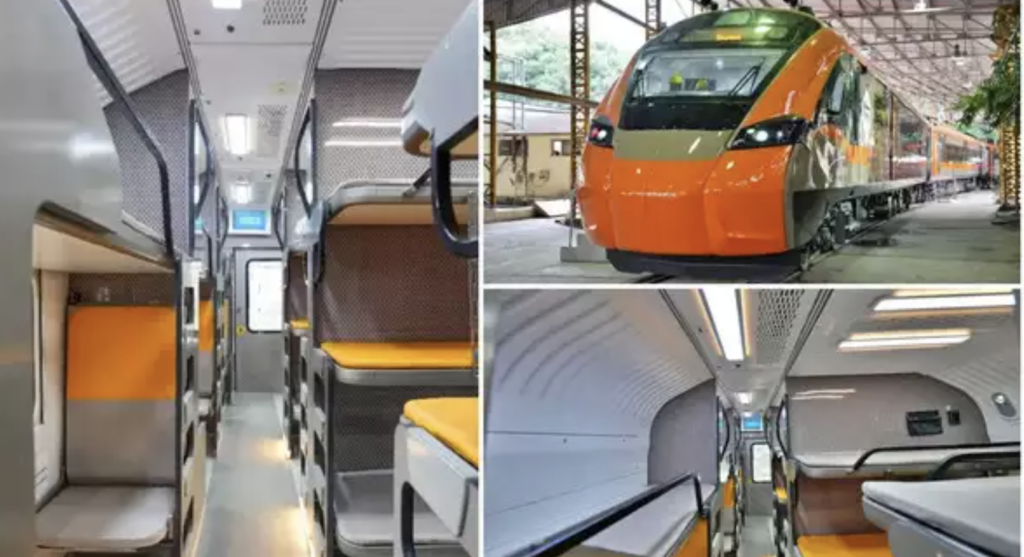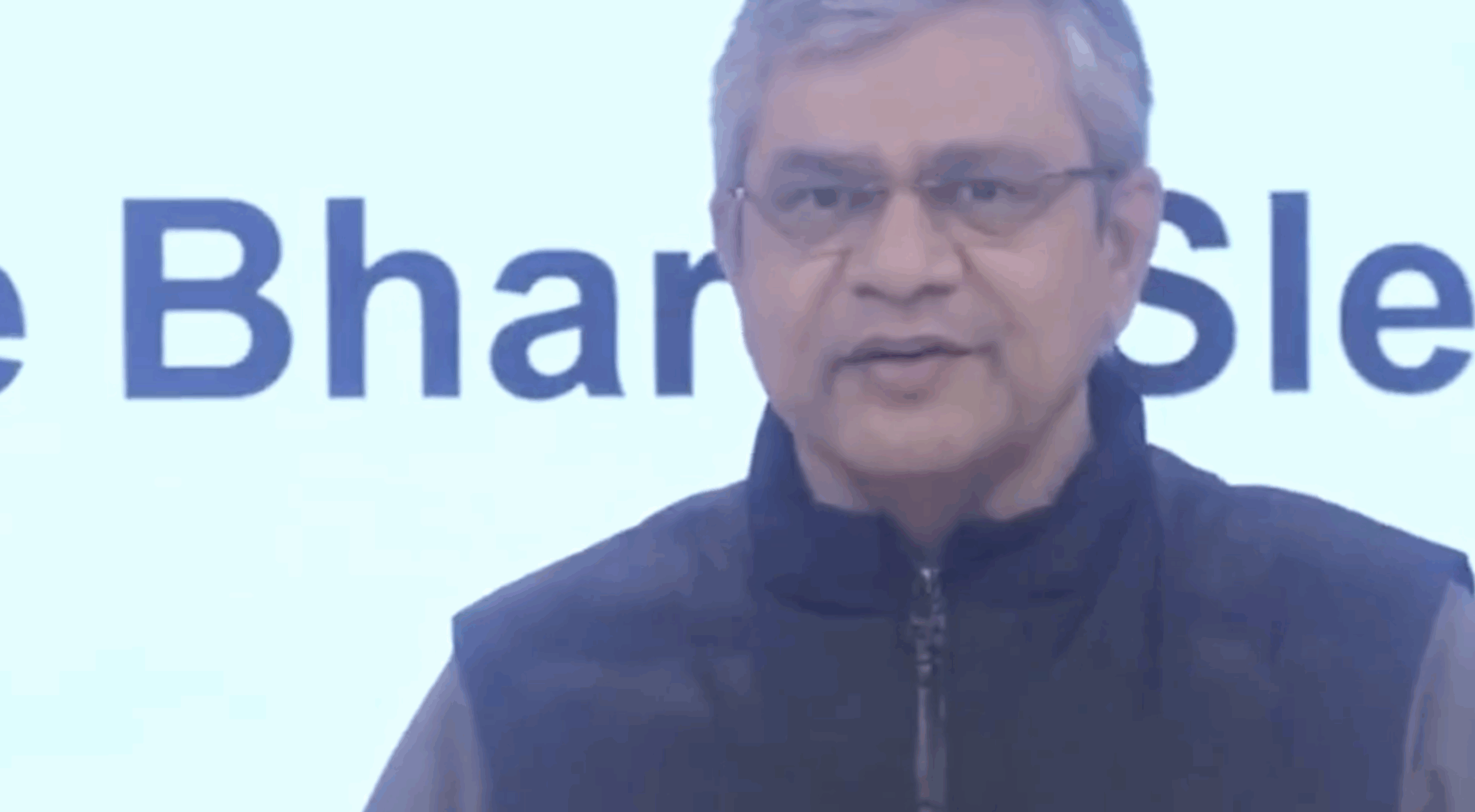India is making significant strides towards greener transportation, with Indian Railways launching its first hydrogen-fueled train by December 2024. This development positions India among the pioneers in hydrogen rail technology, joining countries like Germany, France, Sweden, and China. The pilot project involves retrofitting hydrogen fuel cells into existing Diesel Electric Multiple Unit (DEMU) trains, starting with the Jind-Sonipat section in Haryana under the Northern Railway zone.

The prototype train is being developed at the Integral Coach Factory in Chennai, with Railway Minister Ashwini Vaishnaw personally overseeing the project. Indian Railways aims to introduce 35 hydrogen-fueled trains under the “Hydrogen for Heritage” initiative, with each train costing over Rs 80 crore. In addition, Rs 70 crore will be allocated for infrastructure development across various heritage and hill routes.
Green Initiative for Carbon-Free Transportation
The use of hydrogen as a fuel source is a critical step in India’s journey toward achieving net zero carbon emissions. Hydrogen offers significant benefits as a clean and renewable energy source, making it a perfect choice for sustainable transportation. Indian Railways’ commitment to this green technology aligns with India’s broader environmental goals and its efforts to reduce reliance on fossil fuels.
The project has received approval from the Petroleum & Explosives Safety Organization for setting up hydrogen plants, and rigorous safety assessments are being conducted by renowned agencies such as TUV-SUD Germany. Once fully operational, these hydrogen-powered trains will contribute to cleaner air and reduced greenhouse gas emissions, enhancing the overall sustainability of India’s railway network.
Hydrogen Trains on India’s Iconic Heritage Routes
The pilot project will eventually expand to cover India’s famous heritage routes, including the Darjeeling Himalayan Railway, Kalka-Shimla Railway, Matheran Hill Railway, Kangra Valley, and Nilgiri Mountain Railways. These scenic routes, known for their cultural and natural beauty, will showcase India’s commitment to preserving its heritage while embracing modern and sustainable technology.
Once the trials are completed, the hydrogen trains will be operational on these routes within the next three years. The initiative highlights India’s focus on eco-friendly transportation while enhancing tourism through the country’s rich cultural landscapes.
Conclusion
India’s hydrogen-fueled trains mark a milestone in the nation’s transition to green transportation. With the launch of 35 hydrogen-powered trains across heritage routes, Indian Railways is set to revolutionize eco-friendly travel and contribute significantly to the country’s net-zero carbon emission goals.













